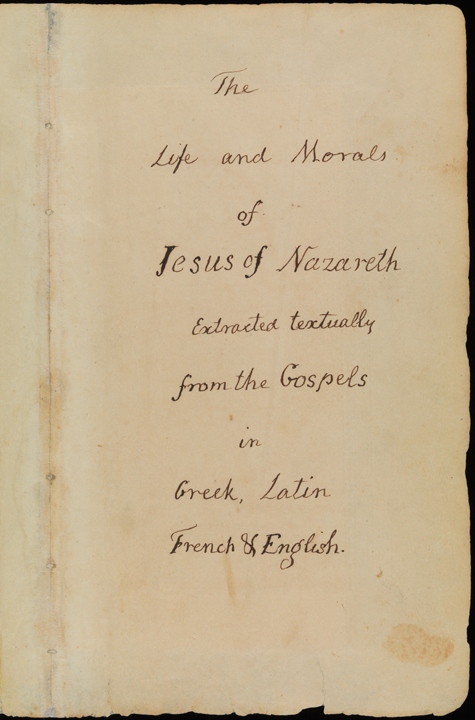There is a very real foundation to morality that is based on societal values. It's the values.
There is no foundation to god morality either if it's impossible to prove that foundation exists.
"I value human life because that is important to both my own survival and the survival of my group, so I will conduct myself as pro-life as possible and err on the side of living beings as reasonably as possible" - a moral guideline based on reality, with a foundational value, and a reason for being so.
"I shalt not kill because God told me to" - functionally similar, but entirely predicated on a premise that can't be proven. It doesn't give an individual liberty. It is an authoritarian dictate. As long as this person's faith in God holds up, though, they'll probably follow this mandate well.
You can make appeals to the supernatural, but fundamentally, your morality will just be based on a supernatural being that cannot be proven to exist because there is no evidence to support it. Nothing more.
Who's throwing away the morality found in religion? That's not what I'm advocating. Take what works, ignore what doesn't.

en.wikipedia.org
The US Constitution has been tested and tried too. I think it holds up pretty well, wouldn't you agree?






